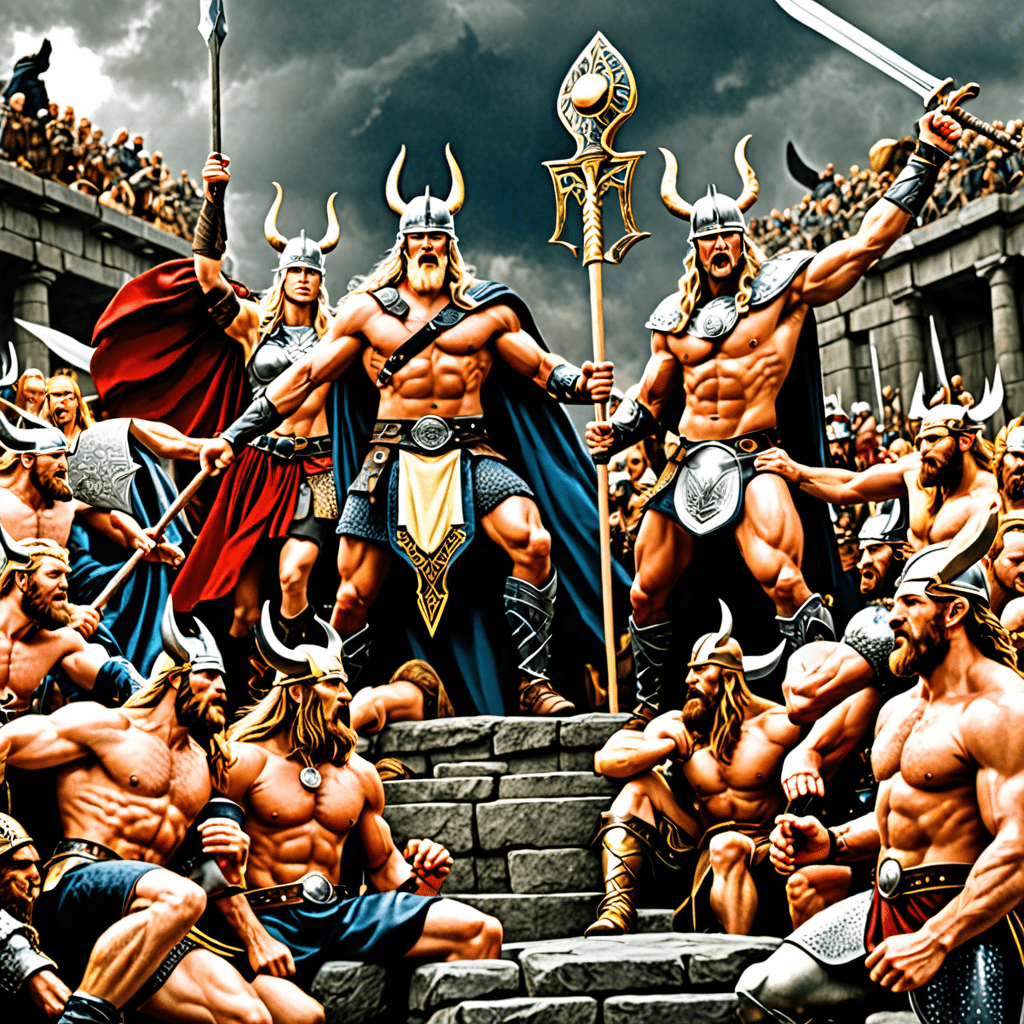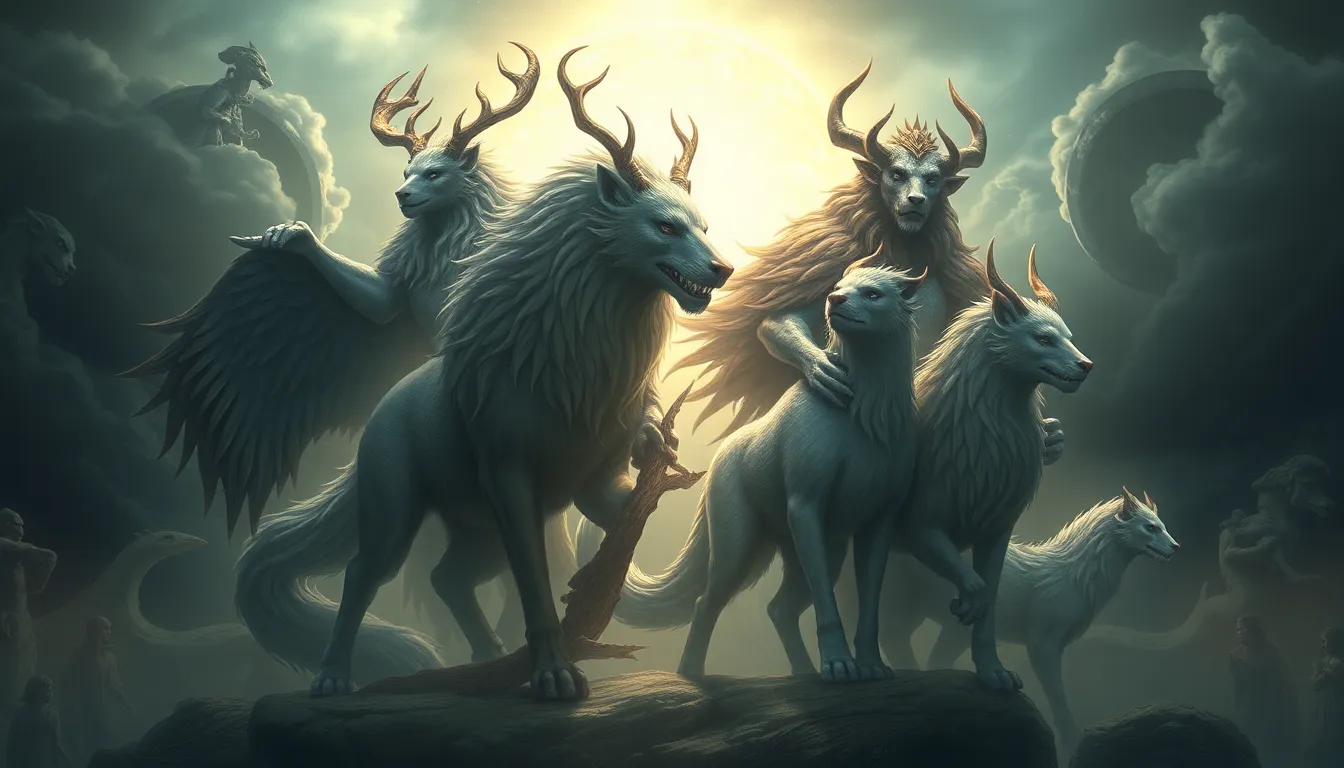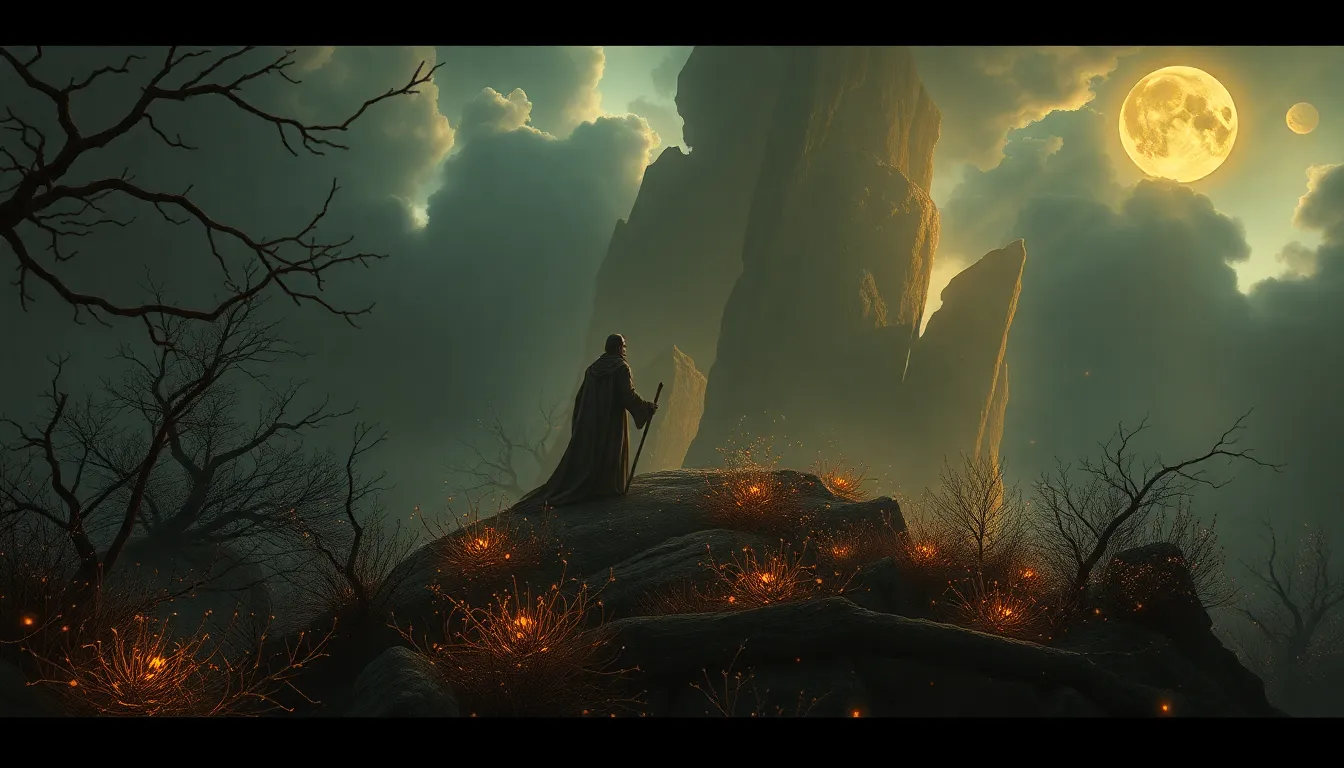The Influence of Norse Mythology on Norse Government and Politics
1. Introduction to Norse Mythology
Norse mythology, comprising the traditional beliefs of the pre-Christian Norse people, played a significant role in shaping various aspects of their society. The rich tapestry of myths and legends from the Norse culture provided a foundation for their governance and political structures.
2. Mythological Influence on Leadership and Authority
In Norse mythology, gods like Odin, associated with wisdom and war, and Thor, symbolizing strength and protection, served as archetypes for leadership qualities valued in rulers. It was believed that kings and rulers derived their authority from these mythical figures, legitimizing their positions of power.
3. Rituals and Practices in Governance
Norse mythology influenced political rituals and practices. For example, rituals honoring the gods were conducted to seek their favor for successful rule and governance. The belief in the Mythical World Tree, Yggdrasil, which connected the different realms in Norse cosmology, mirrored the interconnectedness of different factions of society under a ruler’s governance.
4. Impact on Legal System and Decision-Making
Norse mythology had a bearing on the legal system and decision-making processes. The myth of Ragnarok, the final battle of the gods, underscored the need for wise and just governance to avert catastrophic consequences. The concept of divine justice, as depicted in the myths, influenced the development of law and order in Norse society.
What is the influence of Norse mythology on Norse government and politics?
1. How did Norse mythology impact Norse governance?
Norse mythology played a significant role in shaping the beliefs and values of the people, influencing the governance system based on myths of powerful gods and cosmic order.
2. Did Norse mythology impact political structure?
Yes, Norse myths influenced the political structure by promoting leadership qualities such as courage, wisdom, and honor, which were vital in selecting rulers and governing councils.
3. Were there specific Norse gods linked to governance?
Gods like Odin, associated with wisdom and war, and Tyr, symbolizing justice and law, were revered and often referenced in political decision-making to ensure order and justice.
4. How did Norse myths influence laws and legal proceedings?
Norse myths provided a moral and ethical framework for creating laws, guiding legal proceedings, and maintaining social order within the Norse society.
5. Did Norse mythology influence diplomatic relations?
Yes, Norse myths influenced diplomatic relations by reflecting values like alliances, honor, and fealty that impacted how Norse leaders interacted and negotiated with other tribes or regions.



